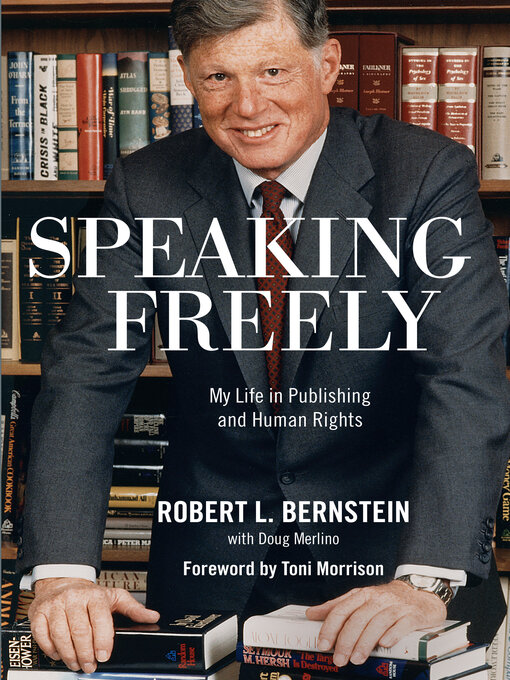- New eBook additions
- Available now
- Most popular
- Try something different
- New kids additions
- New teen additions
- See all ebooks collections
- New audiobook additions
- Available now
- Most popular
- Try something different
- New kids additions
- New teen additions
- Read by the Author
- See all audiobooks collections
- Popular Australian Magazines
- Art & Architecture
- Business & Finance
- Car & Motorcycle
- Celebrity & Gossip
- Crafts & Hobbies
- Colouring Books
- Entertainment
- Fashion & Women's Lifestyle
- Cooking & Food
- Home & Garden
- News & Politics
- Travel & Outdoors
- See all magazines collections


